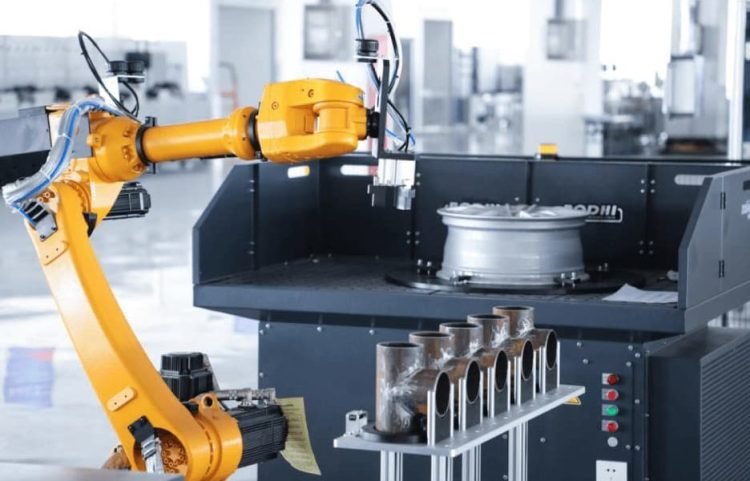Introduction
China has emerged as a global manufacturing powerhouse, and one industry where it has made significant strides is aluminum die casting. With its rapid development and technological advancements, China has become a leading player in the aluminum die casting china sector. This article explores the reasons behind China’s success in this field, the growth of its market, the key players, and the future prospects of the industry.
Historical Overview of Aluminum Die Casting in China
Aluminum die casting, a process that involves injecting molten aluminum into a steel mold to produce complex-shaped components, has a long history in China. The industry gained momentum in the 1980s when China began opening up its economy and attracting foreign investment. With increased investment and technology transfer, China’s die casting capabilities expanded rapidly.
Advantages of Aluminum Die Casting in China
1. Cost-Effective Manufacturing
One of the main reasons for China’s success in aluminum die casting is its cost-effectiveness. China has a vast labor force that offers relatively lower wages compared to many Western countries. This advantage, combined with efficient production processes and economies of scale, enables Chinese manufacturers to produce aluminum die castings at competitive prices.
2. Technological Advancements
China has invested heavily in research and development, leading to significant technological advancements in the aluminum die casting industry. The country has been quick to adopt and adapt advanced manufacturing technologies, such as computer numerical control (CNC) machining, robotics, and automation. These advancements have improved the quality, precision, and efficiency of the die casting process.
3. Supply Chain Integration
China’s aluminum die casting industry benefits from a well-integrated and extensive supply chain network. The country has a robust infrastructure that supports the smooth flow of raw materials, tooling, and finished products. This integrated supply chain allows for faster lead times and reduces logistical challenges, making China an attractive destination for international buyers.
Market Growth and Key Players
China’s aluminum die casting market has witnessed remarkable growth in recent years. The automotive industry, in particular, has been a major driver of this growth, as lightweight components produced through die casting are in high demand for fuel efficiency and emission reduction. The electronics and telecommunications sectors also contribute significantly to the market’s expansion.
Several key players dominate the aluminum die casting industry in China. Companies such as Hongtu Precision Machinery, Ningbo Hi-Tech Moldie Machinery, and Nanshan Aluminum have established themselves as industry leaders. These companies possess advanced technologies, strong manufacturing capabilities, and a commitment to quality, enabling them to cater to both domestic and international markets.
Quality Control and Certification
As China aluminum die casting industry has grown, so has the emphasis on quality control and certification. To meet international standards and ensure product reliability, Chinese manufacturers have implemented rigorous quality management systems. Many companies in the industry have obtained certifications such as ISO 9001 and ISO/TS 16949, indicating their adherence to global quality standards.
Environmental Considerations and Sustainability
With growing global concerns about environmental impact and sustainability, the aluminum die casting industry in China has made efforts to address these issues. Manufacturers are adopting eco-friendly practices, such as using recycled aluminum and implementing energy-saving technologies. China’s commitment to sustainability aligns with the global shift towards greener manufacturing processes.
Future Outlook and Challenges
The future of China’s aluminum die casting industry appears promising. The country’s focus on technological innovation, supply chain efficiency, and quality control will continue to drive its growth. Additionally, the government’s support for the manufacturing sector through policies and investments will further boost the industry’s development.
However, challenges persist. Rising labor costs, fluctuations in raw material prices, and increasing competition from other countries are factors that could impact China’s dominance in the aluminum die casting market. To maintain its competitive edge, China needs to invest in research and development, foster talent, and adapt to changing market dynamics.
Conclusion
China has emerged as a global leader in the aluminum die casting industry, capitalizing on its cost-effective manufacturing, technological advancements, and an integrated supply chain network. The country’s commitment to quality control and sustainability, coupled with its strong market growth, positions it for continued success in the future. As China continues to innovate and adapt, it will likely remain a powerhouse in aluminum die casting, contributing to the growth and advancement of the global manufacturing sector.









